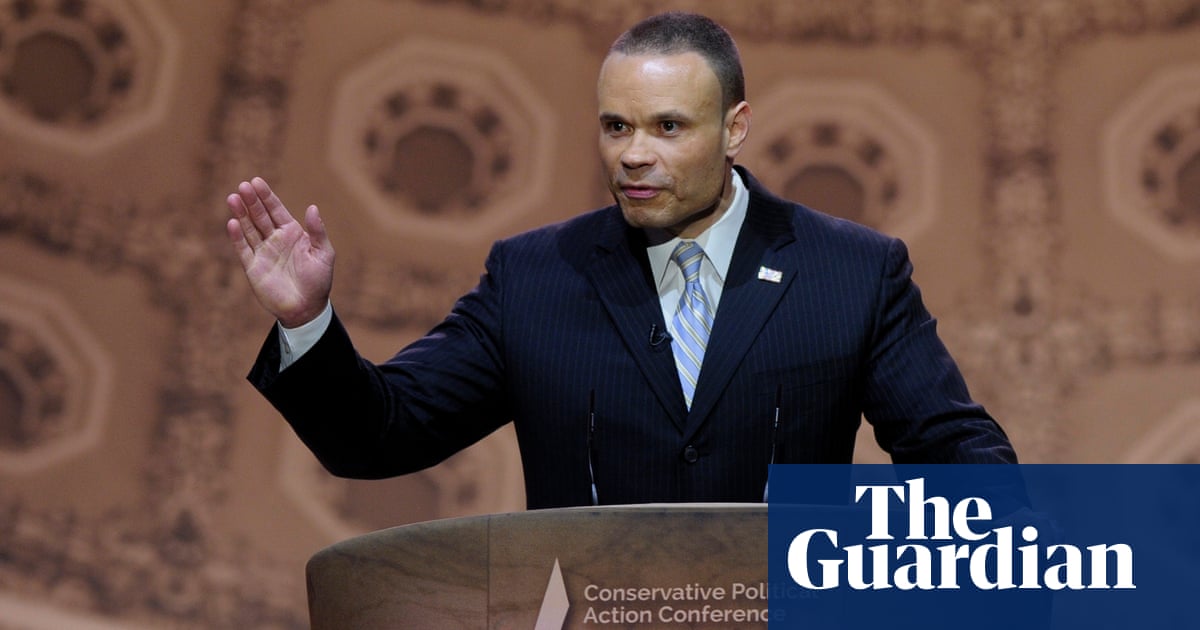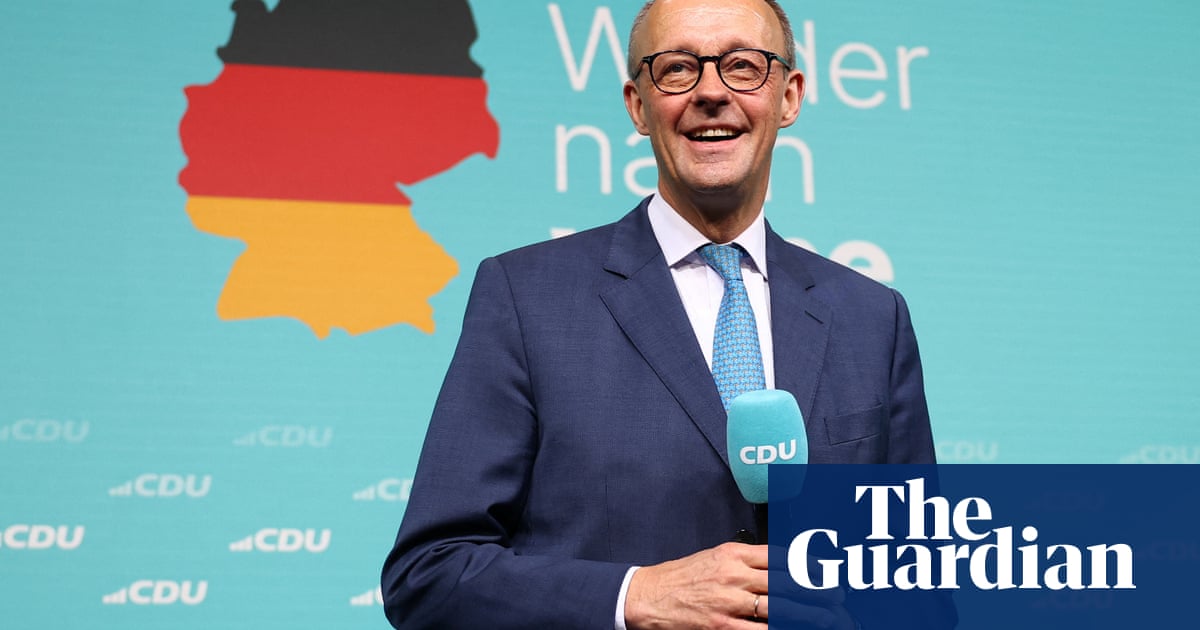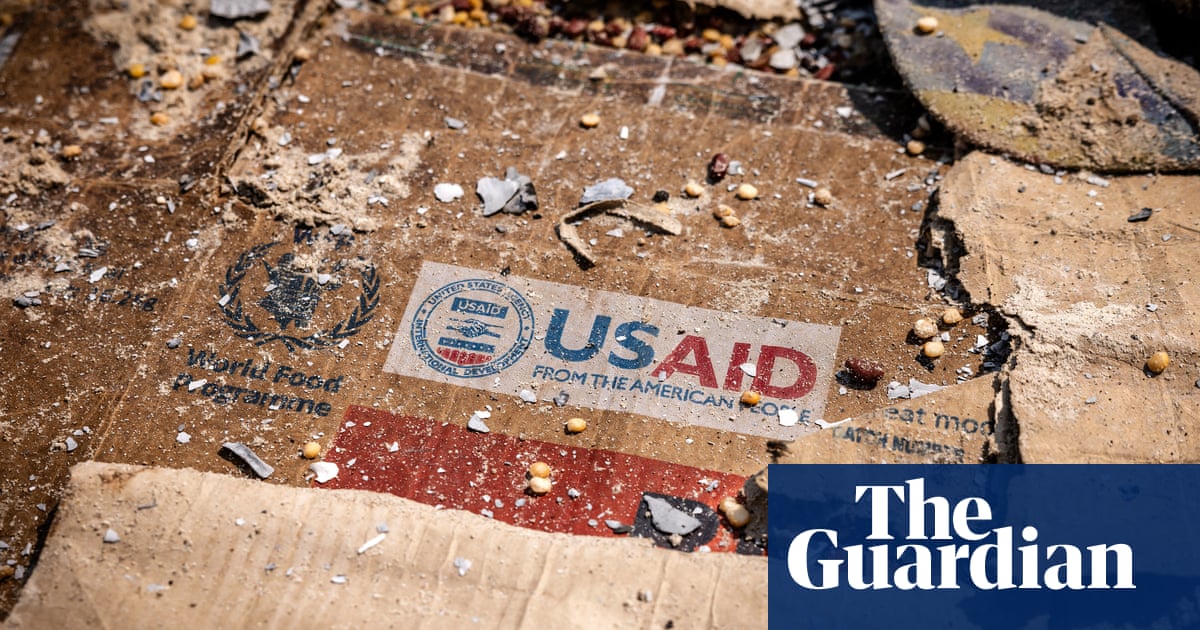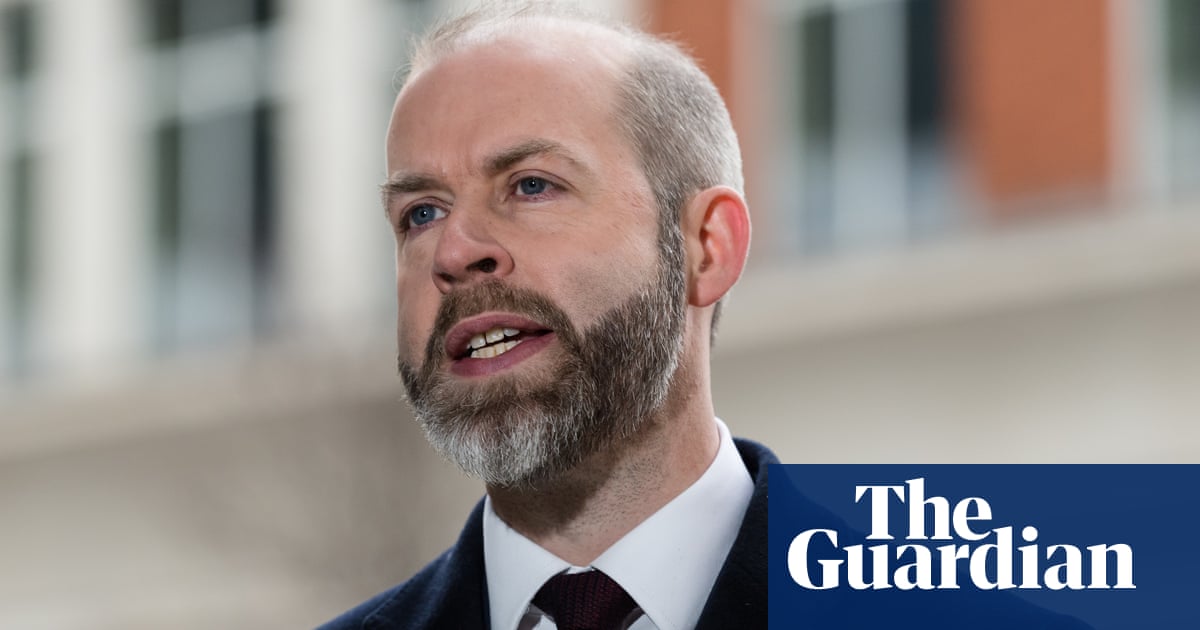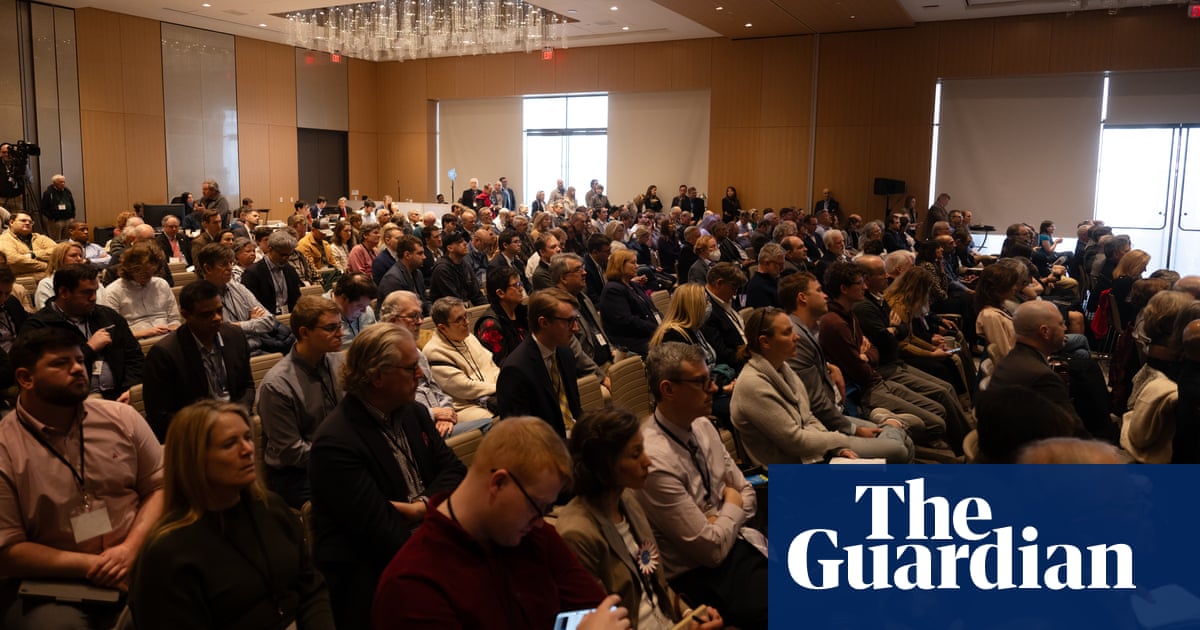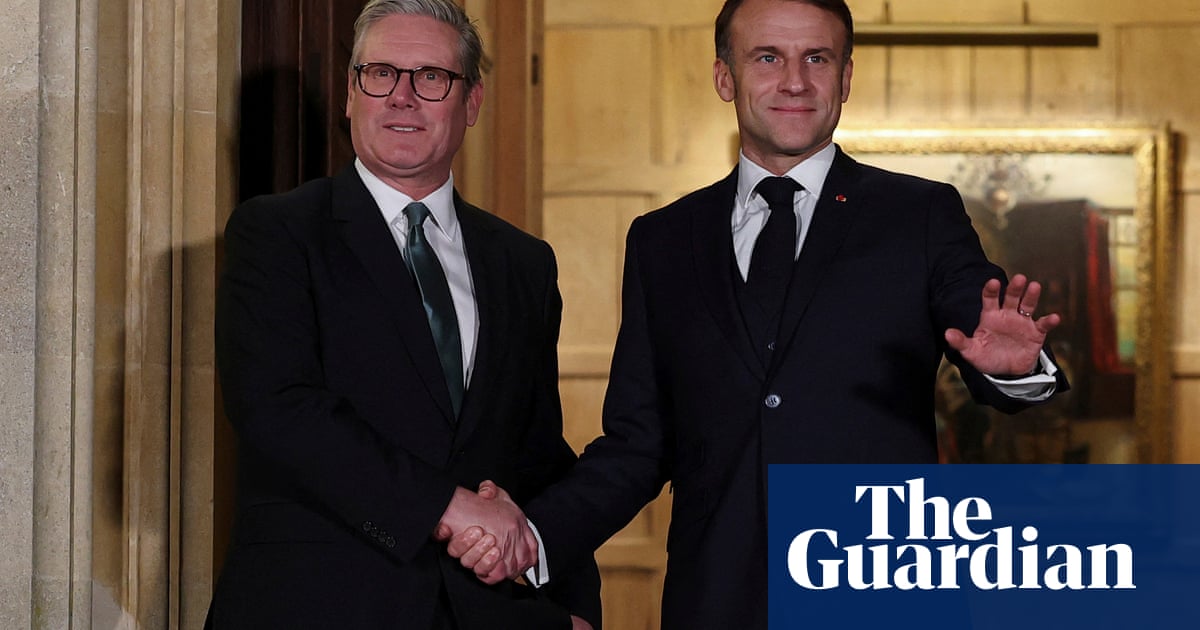Global carbon emissions would be 6% lower than today if not for the “inaccurate narrative” against nuclear power since the Chornobyl disaster that has created “unfounded public concern”, according to Tony Blair’s thinktank.
A report from the Tony Blair Institute (TBI) has found that if the nuclear power industry had continued to grow at the same pace as before the 1986 nuclear disaster, the carbon savings would be the equivalent of removing the emissions of Canada, South Korea, Australia and Mexico combined.
The world’s emissions are higher than they might have been because of a sharp slowdown in the number of nuclear reactors opened since the 1980s, said the report, released on Monday. It found that more than 400 reactors started up in the 30 years before the Chornobyl disaster, but fewer than 200 had been commissioned in the almost 30 years since.
“The result is that nuclear energy has never become the ubiquitous power source many had projected, with countries instead turning towards alternatives such as coal and gas,” the report said.
The thinktank has predicted a “new nuclear age” in the years ahead, driven by a surge in demand for low-carbon electricity from the power-thirsty datacentres needed to power artificial intelligence.
But it warned that the public’s perception of the risk of nuclear power was “not commensurate with the actual risk” and global leaders would need to move past the “false alarm and ideology” that has slowed the progress of nuclear power in recent decades.
“In the entire history of nuclear energy, there have been only two major accidents – those at Chornobyl and Fukushima [in Japan in 2011] – and the effects of these, while serious, have been significantly overestimated,” the report said.
Earlier this year Microsoft set out plans to help reopen a nuclear plant at the notorious Three Mile Island site in Pennsylvania – the location of the most serious nuclear meltdown and radiation leak in US history – to provide power for its AI operations.
Weeks later Google signed a “world first” deal to buy energy from a fleet of six or seven mini nuclear reactors from California’s Kairos Power to generate the power needed for the rise in use of AI. Amazon and the software company Oracle have also signed deals to develop small modular reactors (SMRs) to power their datacentres.
A new dawn for nuclear energy represents a “significant opportunity” for the UK, according to a second TBI report. It called on the government to set “a bold new strategy” for nuclear technologies including the creation of “AI growth zones” around the country, where nuclear projects designed to power datacentres would face simplified planning rules.
Tone Langengen, a senior policy adviser at the TBI and the lead author of the report, said: “A new nuclear age is beginning. But whether it continues will depend entirely on whether leaders are willing to move past false alarm and ideology, making judgment based upon fact-based assessment of risk.”
Earlier this year MPs on the environmental audit committee said the Conservative government’s approach to developing factory-built small modular nuclear power plants “lacked clarity”, even after the government had set up the company Great British Nuclear, which is expected to deliver new power stations, including a fleet of SMRs.
The previous government spent £215m on developing SMR design and ran a competition for companies to bid for contracts.
The UK has not completed a nuclear power plant since Sizewell B was finished in 1995. In 2006, as prime minister, Blair announced the UK would build a new generation of nuclear power stations, but the plan was slowed by legal challenges.

 2 months ago
44
2 months ago
44


